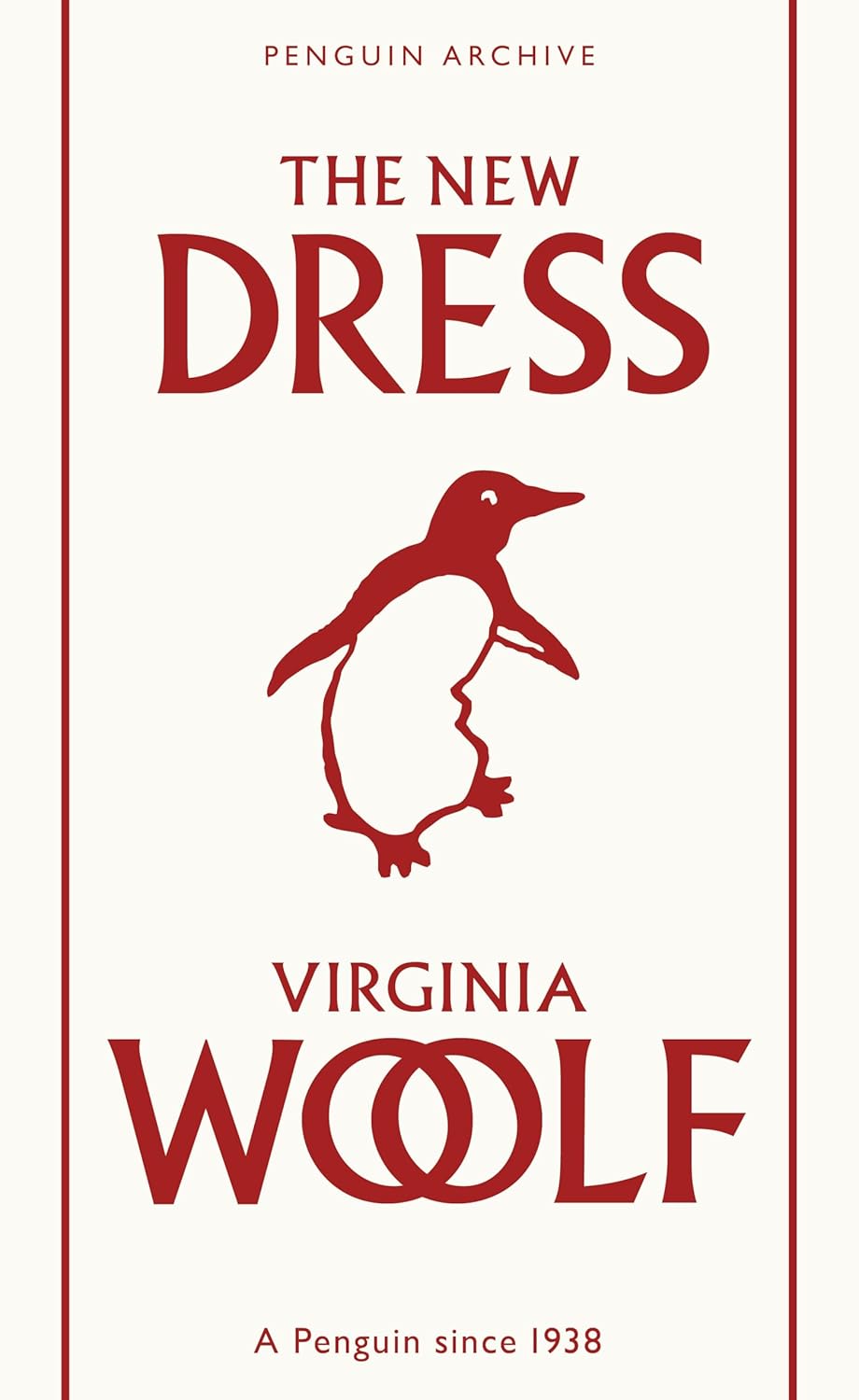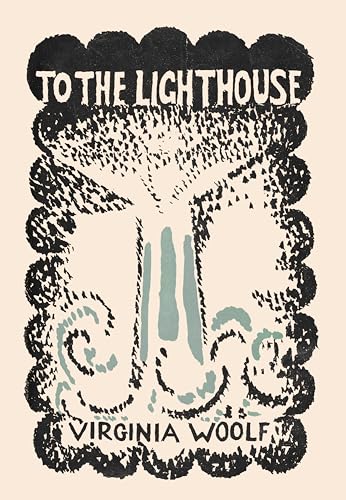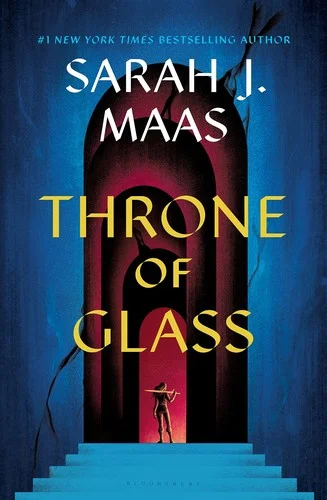In this extraordinary essay, Virginia Woolf examines the limitations of womanhood in the early twentieth century. With the startling prose and poetic license of a novelist, she makes a bid for freedom, emphasising that the lack of an independent income, and the titular “room of one’s own”, prevents most women from reaching their full literary potential. As relevant in its insight and indignation today as it was when first delivered in those hallowed lecture theatres, A Room of One’s Own remains both a beautiful work of literature and an incisive analysis of women and their place in the world. This Macmillan Collector’s Library edition features an afterword by the British art historian Frances Spalding.
Virginia Woolf
Virginia Woolf was a prominent English writer and modernist literary figure. Known for her stream-of-consciousness writing style, she challenged traditional narrative structures and explored themes of gender, class, and mental health in her works. Some of her most notable works include "Mrs. Dalloway," "To the Lighthouse," and "Orlando." Woolf's contributions to literature include her innovative approach to character development and narrative technique, as well as her exploration of the inner lives of her characters. Her most famous work, "Mrs. Dalloway," is considered a masterpiece of modernist literature and a reflection of Woolf's unique literary voice. Woolf's impact on the literary genre is undeniable, as she paved the way for future generations of writers to experiment with form and style in their own works.









